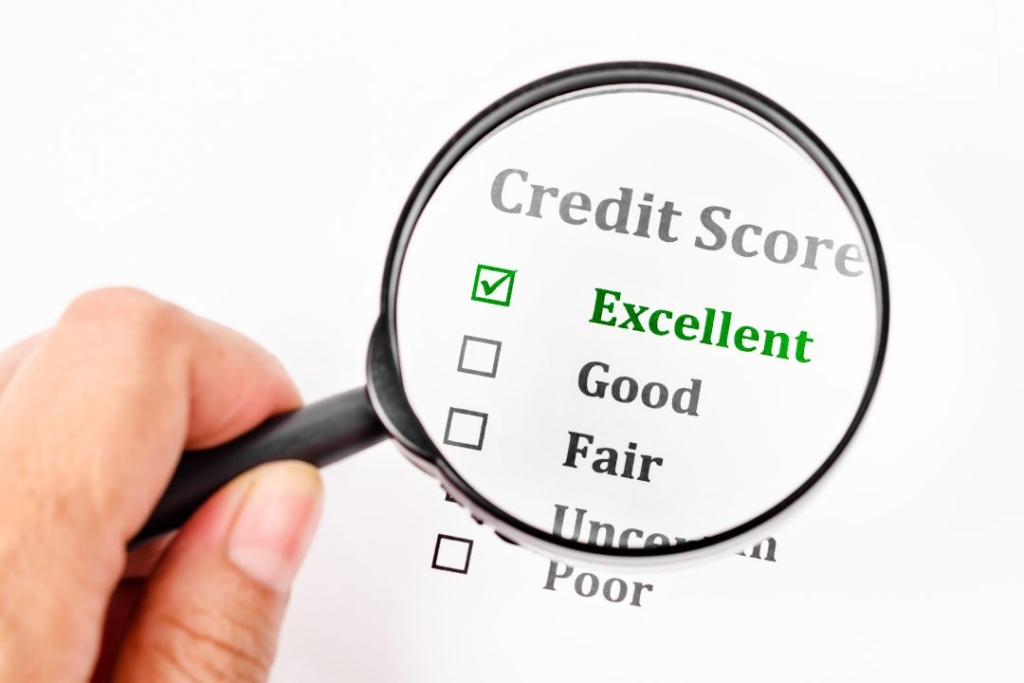Being a first time home buyer is a major financial decision that requires careful planning and knowledge. Being well-informed about the home-buying process helps you avoid costly mistakes, secure better financing options, and choose a property that suits your long-term needs. Understanding the essential steps, from budgeting to closing, ensures a smoother experience and gives you confidence as you make one of the most significant investments of your life. If you are a first time home buyer, knowing the available resources, difference between renting and buying, and other assistance programs can be beneficial.
1. Assess Your Financial Situation
Before you start house hunting, take a close look at your overall financial health. Consider these important factors: credit score, savings, debt-to-income ratio, mortgage options, and future expenses.
- Credit Score: A higher credit score can help you secure a better mortgage rate.
- Debt-to-Income Ratio: Lenders assess your income versus your outstanding debts to determine eligibility.
- Savings: You’ll need funds for a down payment, closing costs, and emergency expenses. Some first time home buyer programs provide financial assistance to help with these costs.

2. Set a Realistic Budget
Determine how much you can afford before you begin your search. Use mortgage calculators to estimate monthly payments based on your income and expenses. Don’t forget to factor in property taxes, homeowner’s insurance, and maintenance costs. Additionally, first time home buyer grants may be available to ease the financial burden.
3. Get Pre-Approved for a Mortgage
A mortgage pre-approval strengthens your buying position by showing sellers that you’re a serious buyer. It also helps you understand your loan options and borrowing limits. You might qualify for a first time home buyer grant, which can reduce the upfront costs of purchasing a home.

4. Choose the Right Home
Consider your long-term needs when selecting a home. Ask yourself:
- Is the location convenient for work, schools, and amenities?
- Does the home size fit your current and future plans?
- What are the neighborhood’s property values and market trends? Some areas offer first-time home buyer grants to make homeownership more accessible.
5. Work with a Real Estate Agent
An experienced real estate agent can expertly guide you through the entire buying process, negotiate effectively on your behalf, and help you find the perfect property that meets your needs and fits within your budget.

6. Conduct a Home Inspection
Before closing the deal, hire a professional home inspector to thoroughly identify any potential issues with the property’s structure, plumbing, electrical systems, or foundation. This crucial step can save you from unexpected and costly repairs in the future.
7. Understand Closing Costs and Final Steps
Closing costs typically range from 2% to 5% of the home’s purchase price and may include loan fees, title insurance, appraisal costs, attorney fees, and property taxes. Review all documents carefully and ensure you understand the terms before signing.
Explore Real Estate Listings and First-Time Home Buyer Guides
If you’re looking for real estate listings or additional resources to guide you through your first home purchase, visit Keyspace Realty. You’ll find expert advice, market insights, and property listings to help you make an informed decision. They offer real estate for sale in Dubai, providing options for those looking to invest in one of the world’s most dynamic property markets.
Final Thoughts
Buying your first home is an exciting yet sometimes overwhelming journey, but it requires careful planning, financial preparedness, and informed decision-making. By following these essential tips and working with experienced real estate professionals, you can secure the right property, avoid common pitfalls, and enjoy a smooth purchasing experience. Start your home search today and confidently take the first step toward successful and rewarding homeownership!





